Place2Go Promotion Aims to Attract Indian Tourists to Croatia Post-Pandemic
April the 2nd, 2022 - The Indian market is enormous and offers a chance that has perhaps yet not been totally exploited by the Croatian tourism sector. In the post-pandemic period, Indian tourists are hungry for travel, and the Place2Go promotion might just put Croatia on their map.
As Poslovni Dnevnik/Marija Crnjak writes, after a two-year break due to the global coronavirus pandemic, this spring the International Tourism Fair, Place2Go, is returning to the Zagreb Arena, where thirteen countries will present their local exhibitors, mostly from Croatia's more immediate region, but also from distant areas such as Indonesia, Maldives and India.
Moreover, India is a partner country of the Place2Go fair, which is accompanied by the fortunate circumstance that India opened up to international travel just five days ago, two years since the closure of its borders due to the coronavirus pandemic. A Place2Go promotion could be just what is needed to attract a huge market of people to this country.
Opening a new niche
Croatia may well be able to count on this distant and very important market, with which a new niche of "startup tourism" is opening, the organisers and partners of the fair announced on Thursday. "We're happy that after a two-year break, and several failed attempts to organise this fair, we can finally announce Place2Go, which we managed to organise over the last month, and do the job that used to last ten months before the pandemic struck.
We have equipped ourselves, taken reinforcements, we 'e happy to have our loyal sponsors with us, and things are going well. Additionally, over this period we were at fairs in Belgrade and Ljubljana and we noticed a great interest in Place2Go,'' said the organiser of the fair, Damjana Domanovac, at a recently held press conference.
As usual, the first day of the fair is reserved for B2B meetings and networking with the topics of smart tourism, the green transition and digitalisation, and the weekend will be intended for visitors, for whom admission is free.
The audience will enjoy lectures by bloggers and travel writers, a game with a prize being a trip to the Maldives, as well as a rich entertainment programme. Currently, entry is planned only for those who possess a valid COVID certificate or a negative test, but an interpretation by the Croatian Institute of Public Health is still pending as to whether this will remain mandatory, according to Domanovac.
The Place2Go fair is an opportunity that India wanted to use to further promote a country that has worked hard in the last two years to strengthen its tourism infrastructure, said Indian Ambassador to Croatia Raj Kumar Srivastav.
"I believe that travel restrictions, as well as the coronavirus pandemic, are now behind us, and that provides us with many opportunities for economic cooperation and tourism. Indian tourism over the last two years has been limited to domestic traffic, so Indians are eager for both cross-border guests and to travel abroad themselves. 85 percent of India’s population has been vaccinated against the novel coronavirus. Back in 2019, 70,000 Indians travelled to Croatia, up from 50,000 one year earlier, a significant increase that I expect to continue now. I believe that Croatia will reach its pre-pandemic figures from the Indian market this year, and we'll exceed that next year, if there are no major surprises,'' said Ambassador Srivastav.
Startup tourism
The Indian Ambassador also expects that additional tourist exchange with India will be stimulated by economic cooperation, for example through the India-Croatia Startup Bridge project, which is entering a new phase in early April.
As is already fairly well known, this is a digital platform launched at the end of last year with the aim of strengthening trade and economic cooperation between Croatia and India. In a few days, more precisely on April the 4th, the first startup challenge will start, sponsored by Koncar and Infobip from the Croatian side, and the winners of the challenge will have the opportunity to exchange, Croatian startups will travel to India and vice versa.
"We can call it startup tourism because it's a two-week trip and different destinations will be visited, and families will also be able to be taken on these trips. For example, I would like to see our startups from the gaming industry in Novska, which is one of the best ecosystems for this industry in Europe,'' said Ambassador Raj Kumar Srivastav, who clearly believes that a Place2Go promotion will offer many benefits to both India and Croatia.
For more, make sure to check out our travel section.
Croatian Retirees Can Request Free Supplementary Health Insurance
April the 2nd, 2022 - Croatian retirees, we well as other groups of people legally resident in Croatia, can now request free supplementary health insurance coverage (dopunsko zdravstveno osiguranje) through the Croatian Health Insurance Fund, HZZO.
As Poslovni Dnevnik writes, HSU (Croatian Party of Pensioners) has called on all Croatian retirees, but also other residents to whom this new and very welcome rule applies, to make sure they take the opportunity to exercise their right to free supplementary health insurance.
Many Croatian retirees, as well as other groups of individuals who fall into the category of people to whom this applies, have still not exercised their right to supplementary health insurance at the expense of the state and may be needlessly paying for it, if they have it already. Amendments to the Law on Voluntary Health Insurance which came into force back in November last year, at the initiative of the HSU, raised the threshold.
This new free policy for an additional form of health insurance through HZZO can be realised by anyone who has an income of up to 2,065.60 kuna per family member, or 2,582 kuna for a single person.
If this is you, then what needs to be done?
If you are a Croatian retiree or fall into one of the aforementioned categories of people, you can make your way to your nearest local HZZO office and fill out the appropriate form to conclude your contract on supplementary health insurance at the expense of the state. A clerk working there will be able to point you in the right direction and guide you through the process and what you can expect from it if necessary.
For more, make sure to check out our dedicated lifestyle section.
New Sukosan Hotel and Campsite With 1000 Bed Capacity on Horizon
April the 2nd, 2022 - A brand new Sukosan hotel and campsite is ''brewing'', with a 1000 bed capacity and high hopes for the tourist season.
As Poslovni Dnevnik writes, in the area of Tustica, just outside the settlement of Sveti Petar towards Sukosan, a brand new hotel and campsite with a capacity of 1000 beds will be built, along with various beach facilities, a promenade, one berth and mooring availability for 200 boats. The above was published on the official website of Sveti Filip i Jakov.
“The new urban development plan (UPU) of the catering/hospitality and tourist zone is extremely important for the residents of Sveti Petar, on which we've been working intensively for the past couple of years. After getting the green light from the Ministry of Physical Planning, Construction and State Property, UPU was unanimously accepted by the Council, which will significantly affect the better standard of local residents, especially when it comes to demographic renewal,'' said Mayor Pelicaric in conversation with Slobodna Dalmacija.
Amendments to the UPU were made by the company Volat from Posedarje, and the brand new zone will include micro-destinations (Babac, Rastane Donje, Rastane Gornje, Sikovo, Sv. Filip i Jakov, Sveti Petar na Moru and Turanj) which will thus be able to develop in a far better way in terms of tourism. The building land includes the northeastern part of the catering/hospitality and touristic area near the Adriatic Highway and a recreation zone with a mooring and a beach in the southwestern part.
"The new Sukosan hotel and the campsite are being planned to be within the economic zone for catering/hospitality and tourist purposes, while in the recreation zone, a well-kept sea beach and mooring availabilities are being planned. The catering/hospitality and tourist zone also includes a unit for the construction of a new hotel with a minimum of four stars in the western part and a zone for the construction of a campsite in the eastern part, while the accommodation capacities of the catering/hospitality and tourist zone is 1000 beds in both hotel and camp facilities.
In the T1 hospitality and tourism zone, at least 70 percent of the accommodation units must be within the new hotel building, and a maximum of 30 percent in the annexes. Within the zone covered by the plan, it is mandatory that we build an intersection and two underpasses for the needs of public pedestrian access to the coastal part and the planned road access to the port," he stressed.
In addition to all of the above, within the spatial unit T3, the construction of a new campsite is planned, and all of the necessary facilities for the complete provision of services in that spatial unit must be realised on the planned building plot.
For more, make sure to check out our business and travel sections.
Neglected Central Pula Pragrande Area to be Transformed into City Park
April the 2nd, 2022 - The neglected swampy Pula Pragrande area which is right in the very heart of this popular Istrian city will be left abandoned no more. The Pula Pragrande area is set to be transformed into a brand new city park.
As Poslovni Dnevnik writes, the fairly heavily neglected swamp-like area of Pragrande, located near Pula's city centre, now has the opportunity to remain the green heart of Pula, but in a far more useful and sightly way.
With the aim of popularising this green oasis, which many Pula residents have actually never set foot in, Pula high school students who are also members of the Eco-school, as part of a project called ''Knowledge for Sustainable Action'', which was led by Green Istria, began taking environmental action. With the support of their professors and project partners - which includes the City of Pula, they designed and jointly arranged a 2.2-kilometre-long promenade called the Apple Trail, as reported by local portal Glas Istre/The Voice of Istria.
Their wish, they claim, is that the trail be regularly maintained, but also that the whole area remains a wild zone for the recreation and socialising of Pula locals and tourists, while preserving and protecting biodiversity.
The Mayor of Pula, Filip Zoricic, promised the students involved that this area will remain a green zone during their last visit to the Communal Palace back in December, on the occasion of the 20th anniversary of the international status of the Eco-school. He said at the time that the documentation for the Pula Pragrande transformation project was being resolved, and that the realisation of the creation of a brand new city park at that location would be preceded by the solving of the sewerage problem, as part of a wider EU project.
It's worth reminding ourselves of the fact that the City of Pula recently applied for a total of ten projects in a call/invitation for grants in the field of digital transformation and green transition, within the National Recovery and Resilience Plan 2021-2026, and the most important and largest of them is the preparation of project documentation precisely for the arrangement of Pragrande, an unarranged urban space in the immediate vicinity of the strict city centre.
This currently regards the necessary documentation for the ''re-vamping'' of the aforementioned green zone, which covers an area of more than 20 hectares in total, and the intention, according to the City of Pula, is to arrange a large central city park with accompanying sport and recreational facilities.
For more, make sure to check out our lifestyle section.
Destination Dubrovnik: Top 100 Global HR Influencer Aaron McEwan on Future of Work
April 2, 2022 - With just over a month to go until the innovative Work. Place. Culture. remote work conference in Dubrovnik, TCN continues its look at the list of high-class international speakers who will be sharing their wisdom in the Pearl of the Adriatic. Next up, a real heavyweight in the remote work world, Aaron McEwan from Australia.
For a country where change is traditionally quite slow and bureaucratic, Dubrovnik's digital nomad journey has been nothing short of breathtaking. It is not even two years since we first pitched the concept of digital nomads to a very receptive Dubrovnik Mayor, Mato Frankovic. Work started the next day, followed by Croatia's first-ever digital nomad conference in October 2020, and the award-winning Dubrovnik Nomads-in-Residence program the following April.
And now this. To have speakers of the calibre of Aaron McKewan addressing the latest Dubrovnik remote work conference, Work. Place. Culture. (a collaboration between the City of Dubrovnik, Dubrovnik Tourist Board, Saltwater Nomads, and TCN) is a sign of just how far Dubrovnik has come in its journey and standing.
Aaron certainly knows his stuff. As VP, Research & Advisory for Gartner’s HR Practice for Gartner a $4.1 billion company and member of the S&P 500, he provides strategic advice to some of the biggest companies on the planet about the future of work. Recently named as a Top 100 Global HR Influencer and one of 5 HR Leaders to Follow in 2022, Aaron is clearly a voice worth listening to on the subject of the future of work.
That voice will be addressing Dubrovnik at the WPC conference from May 5-7. Aaron kindly found some time to answer some questions ahead of the conference:
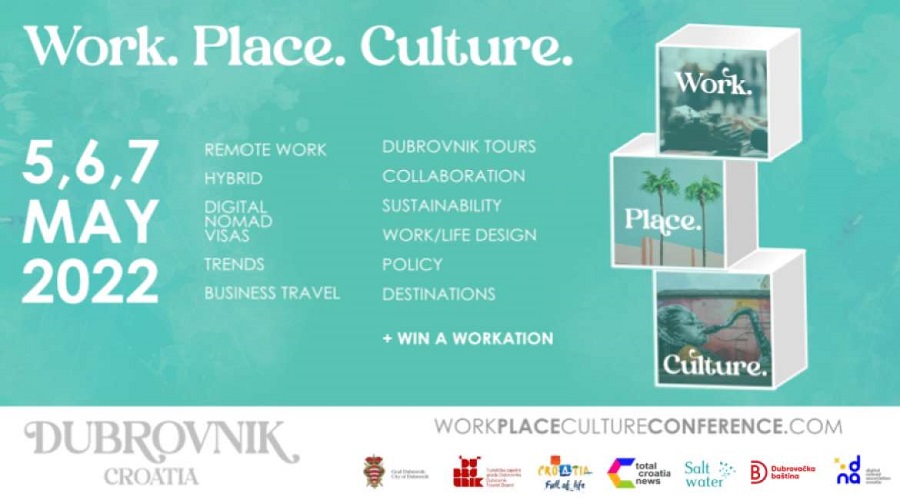
1. With the radical changes to the workplace in the last two years, the relationship between employee and employer is changing. How would you characterise that change, and how do you expect that relationship to develop?
Historically, pandemics have reshaped society, not just work. So I think we are seeing people’s relationship to work changing in very fundamental ways. For example 65% of employees globally told us that the pandemic made them rethink the place that work should have in their life. Employees today don't want to be seen as workers, they want to be seen as human beings. They want much more autonomy over not just where they work, but how they work, who they work with, what they work on.
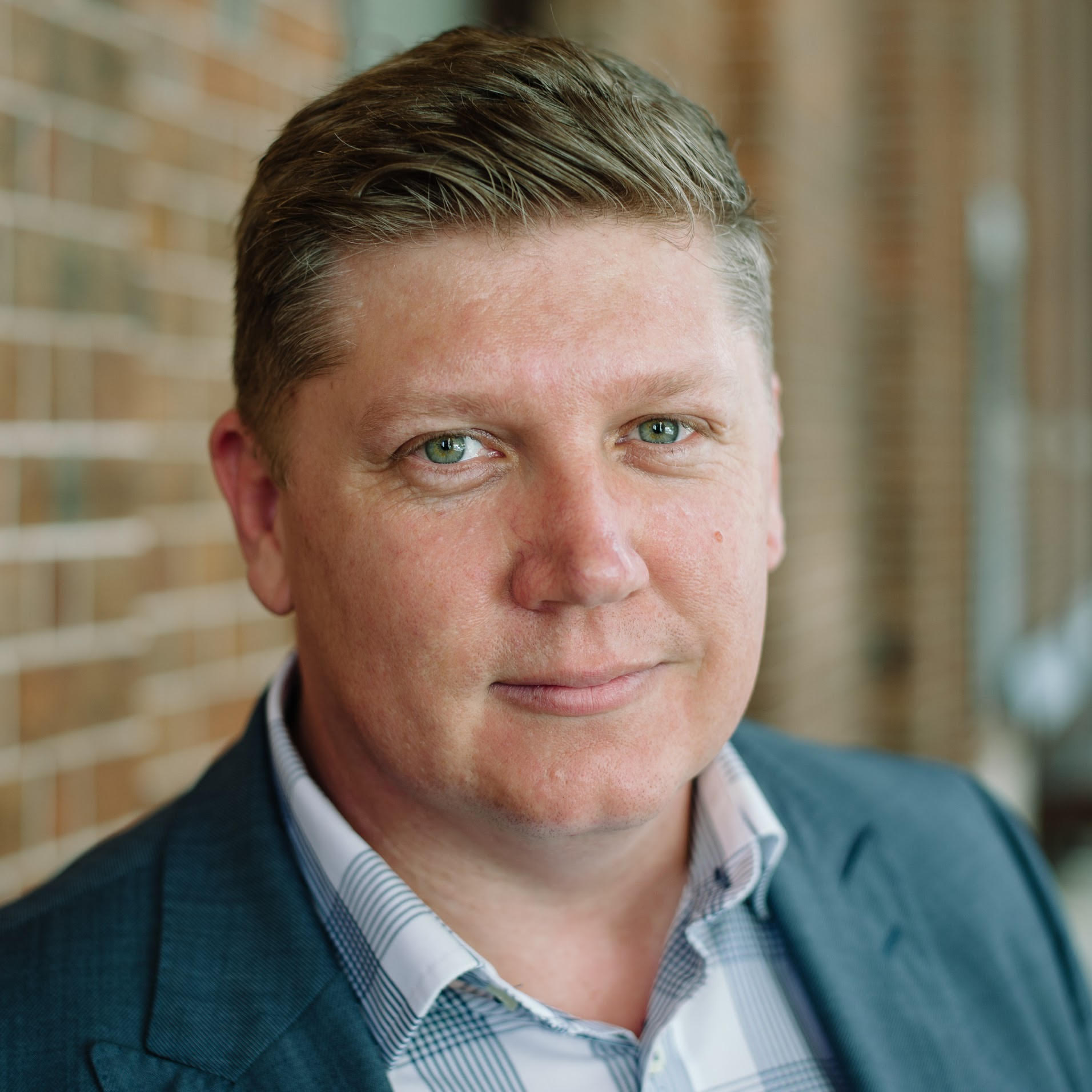
2. We also hear a lot about talent shortage in this new and flexible reality. What strategies are companies employing to successfully entice the best talent to work for them?
The most obvious is what we call radical flexibility, where companies are offering things like round the world plane tickets and encouraging employees to work from wherever suits them. But we are also seeing the rise of compressed work hours like four day weeks, cooking and gardening lessons, child care support, access to personal career and life coaches, opportunities to learn new languages and instruments. The common thread is that it’s about giving employees more flexibility, more autonomy and helping them to be healthier and better people, not just workers.
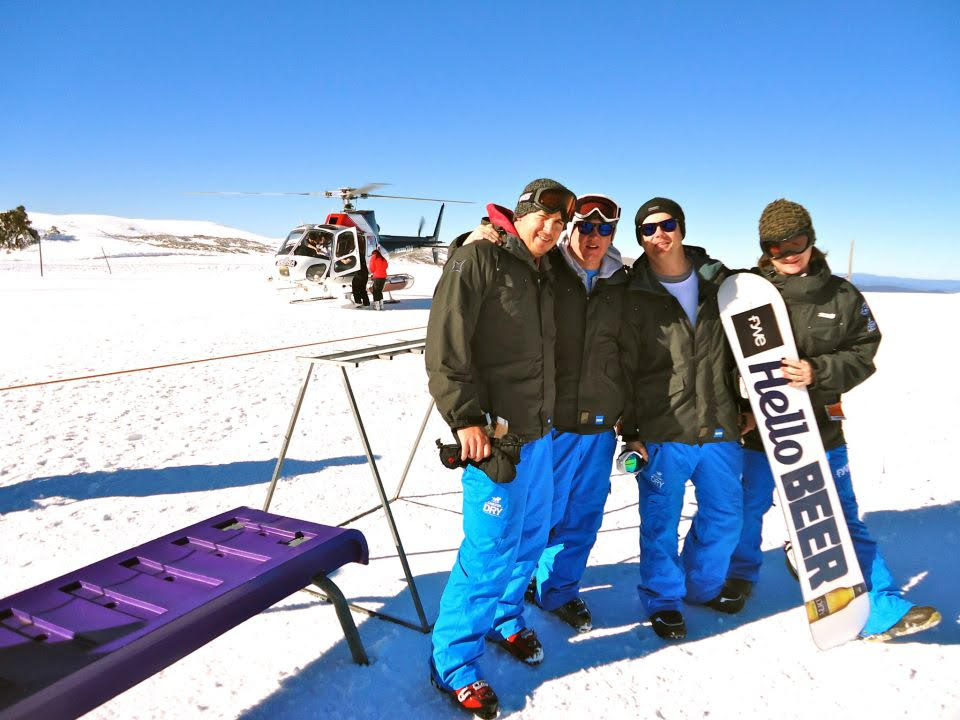
3. As As VP, Research & Advisory for Gartner’s HR Practice and a Top 100 Global HR Influencer and one of 5 HR Leaders to Follow in 2022, you are at the cutting edge of the discussion. How willing are you finding global companies are to completely reinvent their modus operandi to meet the new reality?
Unfortunately it’s still the exception, not the norm. Many executives want a return to the status quo where everyone works out of an office. These leaders simply aren’t grasping the seismic changes that are underway and the incredible opportunity that they have to attract and engage the best and brightest talent in the world. Those companies that push for a return to the old ways of working will find themselves on the wrong side of history and will likely face a “Kodak” moment that threatens their very existence.
4. The freedom of working from anywhere versus the human contact with colleagues in the office. What are the best strategies companies are implementing to balance this?
This is where hybrid approaches are so important. Companies that get this right, match the work that needs to be done to the time and location that best suits that particular task or activity. They encourage collaboration in multiple settings to drive innovation. Some synchronous activities like brain storming, creative problem solving might work better when you bring people together in the office (though virtual collaboration is also very effective and much more time and cost efficient). Bonding and connection might be better done in a more social setting like a bar or restaurant or an engaging natural environment like the beach or forest. Asynchronous tasks that require deep thought, concentration, attention to detail, etc. like writing and designing might be better done alone in a quiet environment like a home office. In fact it turns out that asynchronous work accounts for about 49% of team innovation.
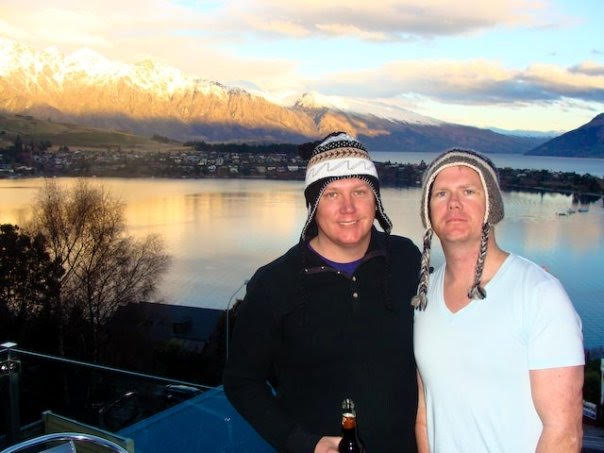
5. Destinations and countries have an opportunity to attract remote workers in this new reality. What innovative concepts are you seeing in this regard? And what could countries such as Croatia do to make it more attractive, in addition to the introduction of the digital nomad permit?
Yes, as the pandemic subsides people’s desire for adventure and travel will continue to rise. As with any product or service, you need to make the product attractive so countries like Croatia have much to offer – history, natural beauty, friendly people, etc. But the real secret to attracting and retaining customers is in personalizing the experience and reducing the effort that the customer needs to put in. A digital nomad passport is a great start because it means you don’t need to deal with immigration or change jobs every three months to meet the conditions of a working holiday visa. But the real opportunity lies in understanding the various personas of those who want to work differently so that you can deliver a personalized experience and remove the barriers to making that experience not just memorable but effortless. For example, what type of experience would a young single woman want to have vs. an older male with a partner and children? What about someone with a disability or mobility issues, neurodiversity? LGBTI? What about someone with lots of disposable income vs. those on a tight budget? Some might want to travel extensively and move around. Others may wish to “live” in a location and immerse themselves like a local. How do you make those different experiences possible? And how do you make the whole thing effortless? Simplify your tax and immigration laws, invest in infrastructure and public transport, provide cheap, high speed internet everywhere, embrace the sharing economy, invest in great schools and centers of learning, facilitate communities that offer advice, support and guidance.
6. There has been a considerable brain drain and emigration from countries such as Croatia in recent years in search of better economic opportunity. Do you sense that the flexibility of the new reality may reverse that trend, and are you seeing any examples of that?
Yes, as the adoption of hybrid and remote work gathers pace, we are seeing people move out of the large cities, particularly those with very high real estate prices, to less expensive and more “livable” coastal and regional locations. So smaller cities that have accessible beaches and reasonable housing costs that also offer decent infrastructure and thriving cultural precincts are becoming increasingly popular places to live whilst working remotely.

7. Your three best pieces of advice for a company looking to attract the best talent?
Treat employees like humans, embrace radical flexibility and offer meaningful and impactful work that they can be proud of.
8. And so to the Dubrovnik Work. Place. Culture. conference. Why does it appeal to you, what will you be speaking about, and what do you hope to get from your time in Dubrovnik?
Despite having a young family now and permanent roots in Australia, I’m still a digital nomad at heart. I love travel, I love adventure and I love the experience of living in foreign cities. I also cherish any opportunity to humanize work and inspire people to seize control of their own careers.
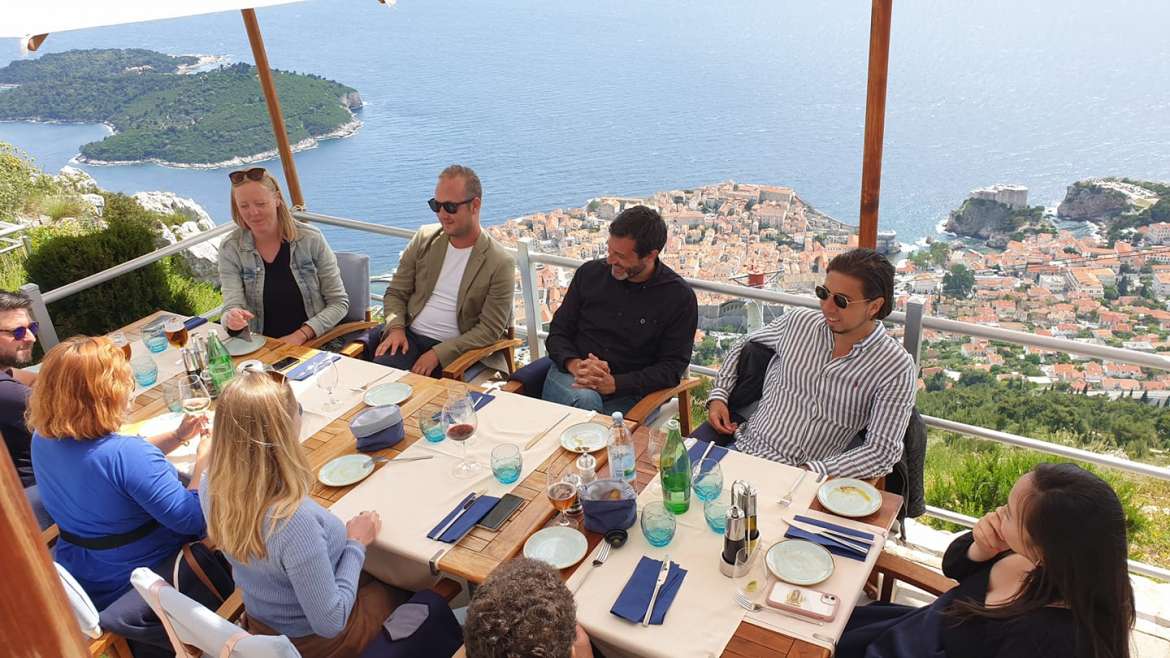
9. You obviously follow global trends in remote work. How do you assess Croatia's efforts so far, and what does it need to do to move things forward?
Croatia was a digital nomad first mover and it’s a gorgeous and great place to work. Future success will be about broadening the current definition of a digital nomad so it appeals to a broader market of adventure and hungry knowledge workers and to make it an effortless place to live and work.
About Aaron McEwan:
Aaron McEwan is a behavioral scientist, psychologist and futurist and was recently named a Top 100 Global HR Influencer and one of 5 HR Leaders to Follow in 2022. As VP, Research & Advisory for Gartner’s HR Practice, Aaron provides strategic advice to the world’s leading companies on the future of work and talent and helps leaders manage their most critical relationships across the c-suite and board. Alongside his current role, Aaron is a Fellow of the Australian Human Resources Institute, serves on the national committee for the Australian Psychological Society’s Interest Group in Coaching Psychology and is an Associate of Macquarie University’s Centre for Workforce Futures. He has lectured at Sydney Business School, University of Wollongong, University of NSW, University of Queensland, Griffith University and the Australian College of Applied Psychology and was a member of Innovation Nation, a cross-industry initiative sponsored by the Office of the Prime Minister to elevate Australia’s reputation for entrepreneurship and innovation.
You can follow Aaron McKewan on LinkedIn.
To learn more about the services of Gartner, visit the official website.
For more information about the Work. Place. Culture. conference in Dubrovnik from May 5-7, check out the event website to reserve your ticket.
For more news and features about digital nomads in Croatia, follow the dedicated TCN section.
Over 1,900 Family Houses Reconstructed in Quake-Affected Sisak County
ZAGREB, 1 April (2022) - Minister Tomo Medved, who is at the helm of the national post-quake reconstruction team, said in Glina on Friday that so far over 1,900 family houses had been rebuilt or renovated in the earthquake-hit areas of Sisak-Moslavina County.
In addition, over 900 houses are currently being reconstructed, and project documentations for 3,000 buildings and structures have been prepared, said the minister.
Over 500 contracts have been signed for the construction of houses that will replace the demolished properties, he said adding that the builders tasked with constructing blocks of flats in Glina, Petrinja and Topusko have been selected.
Sisak-Moslavina County Prefect Ivan Celjak, who accompanied the minister during his visit to Glina, said that the reconstruction of six facilities within the Psychiatric Hospital in Popovača would soon start.
He also presented plans for funding the reconstruction of the buildings within the hospital complex in Sisak.
Medved and Celjak today visited the renovated and upgraded community health centre.
For more, check out our politics section.
Economy Minister Says Brodosplit Shipyard in Somewhat More Complex Situation
ZAGREB, 1 April (2022) - Economy Minister Tomislav Ćorić said on Friday that the government and the Croatian Bank for Reconstruction and Development are always ready to cooperate with shipyards, but "the current problems at Brodosplit are somewhat more complex" than what has been presented in the public.
Addressing the press after a conference on the National Recovery and Resilience Plan (NPOO), Ćorić said that Brodosplit had undergone successful restructuring, which had cost the state budget HRK 1.5 billion.
The minister also explained that the DIV Group, of which Brodosplit is a member, had taken the positive course, however, the progress was overshadowed by the corona crisis and the repercussions of Russia's military aggression against Ukraine.
"The issue of shipbuilding in Split is not simple and should considered from several points of view," says Ćorić, adding that he is nevertheless optimistic that Croatia's shipbuilding industry stands good chances.
The president of the management board of the DIV Group and the Brodosplit shipyard said on Thursday the company was suspending production because €60 million of its funds were currently blocked. Speaking to Hina, Tomislav Debeljak said Brodosplit was financing the building of two ships with funds from VTB Europe, a Russian-owned bank subject to considerable restrictions due to the war in Ukraine.
"The situation we are in is extremely dramatic because VTB has stopped further loan payments because of the war in Ukraine, which has blocked us," Debeljak said, noting that €60 million of the company's funds were "trapped" in those projects.
A member of the DIV Group Management Board, Darko Pappo, said today at the conference which was attended by Ćorić that that DIV was very much affected by the current situation because two major projects were financed by the Russian-owned bank, with EU sanctions against Russia having prevented the completion of the projects and their refinancing.
"We are talking about two loans amounting to €90 million, with our share totalling around €60 million. That is a huge amount of money and this has made us suspend production," Pappo said.
He added that he expected the government to make decisions fast to help the shipbuilding group overcome the situation. The executive also said that there were end-buyers for both projects, contracts on long-term lease and a repayment schedule, and that, even though state aid is not necessary, the situation requires a prompt government reaction.
The government should support DIV's proposal for the loans to be refinanced with HBOR (Croatian Bank for Reconstruction and Development) funding under commercial terms, and one of the loans should be fully repaid by the end of the year while the other would be repaid over a longer period of time, said Pappo.
"That would ensure the continuation of production and normal functioning," he said, adding that both the Brodosplit shipyard and DIV Group operate in the black and employ a large number of workers, which is why they believe the government and HBOR should step in.
Pappo recalled that the recent case of Sberbank showed that a prompt reaction by the government was possible.
For more, check out our politics section.
Opposition Urges VAT, Fuel Excise Tax Cuts, Additional Measures
ZAGREB, 1 April (2022) - Bridge MP Zvonimir Troskot said on Friday the government had not used all the available instruments to cushion the impact of rising prices on citizens' living standards and on businesses or secure energy supply routes, calling for lower VAT and fuel excise taxes and for subsidies for enterprises.
Troskot recalled that Bridge MPs and 16 other MPs had submitted a motion to offer additional short and long-term solutions as, he claimed, the government had not used all the instruments at its disposal.
Asked about a government reshuffle, Bridge MP Nikola Grmoja said he did not want to comment on new candidates for ministerial posts "because it is clear that due to numerous scandals a whole set of government officials are under investigation by independent institutions and the only solution is a new election."
This is not a government reshuffle but an attempt to decriminalise the government, however, such an attempt can never succeed with the HDZ's partners because the ones to be appointed will probably also be compromised, said Grmoja.
Social Democrats expect additional measures for business sector
The Social Democrats group in the parliament today said they expected the government to introduce additional measures to consolidate the economy and help households, noting that a new election would be the best solution.
MP Ivana Posavec Krivec called on PM Andrej Plenković to consider appointing in the coming government reshuffle a minister of transition, noting that Croatia urgently needed transition to renewable energy sources and lower VAT for households and enterprises.
MP Domagoj Hajduković believes Agriculture Minister Marija Vučković should be replaced over inactivity in light of the rising prices.
We still do not know the state of commodity stockpiles and what kind of goods they contain, he said, adding the government had replenished the stockpiles only after the war in Ukraine broke out and prices started to soar.
Prices continue to rise despite cuts of VAT on certain products, he said, noting that unfavourable weather conditions, the rise in prices of mineral fertilisers and large areas of uncultivated land bode a very bad year, he said, fearing Croatia would not be self-sufficient.
MP Matko Kuzmanić warned about the high price of blue-dyed diesel used in fishing and called for subsidies for fishermen.
For more, check out our politics section.
11,590 Ukrainian Refugees Arrive in Croatia to Date
ZAGREB, 1 April (2022) - A total of 11,590 Ukrainian refugees have arrived in Croatia to date, including 202 in the last 24 hours, and all have been provided with the necessary care, the head of the Civil Protection Directorate, Damir Trut, said on Friday.
Speaking to the press after meeting with Osijek-County prefect Ivan Anušić and representatives of the County Civil Protection Service, Trut said that about 1,000 refugees have been accommodated in the eastern Slavonia region.
The executive director of the Croatian Red Cross, Robert Markt, said that this organisation was providing refugees with humanitarian aid and psychosocial support, helping them with family reunions and passing information between separated families. He said that Red Cross staff were visiting refugees staying in private accommodation on a weekly basis and those in collective accommodation on a daily basis.
For more news about Croatia, click here.
Prvo Plinarsko Društvo Has So Far Not Received Request for Payments in Roubles, Deliveries Normal
ZAGREB, 1 April (2022) - Croatian natural gas distributor PPD has so far not received a request from its Russian partner to make payments in roubles, the company told Hina on Friday.
"PPD has so far not received a request from out supplier, Gazprom Export, to change the contractual provisions. Deliveries are running smoothly and PPD is meeting all its obligations towards all its buyers," the company said.
PPD said that the security of supply was its "absolute priority" and that it was ensuring the security of supply thanks to all its suppliers.
Russian President Vladimir Putin said on Thursday he had signed a decree requiring foreign buyers to pay for Russian natural gas in roubles from 1 April.
Foreign buyers from countries deemed hostile would have to open a special account with Gazprombank, otherwise gas deliveries would be suspended.
"If such payments are not made, we will consider this a default on the part of buyers, with all the ensuing consequences. Nobody sells us anything for free, and we are not going to do charity either - that is, existing contracts will be stopped," the Russian president said.
For more, check out our politics section.


